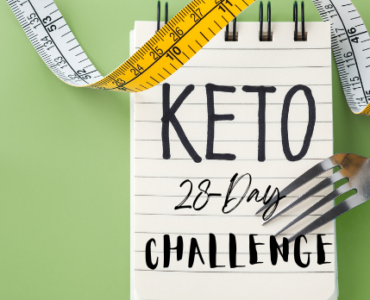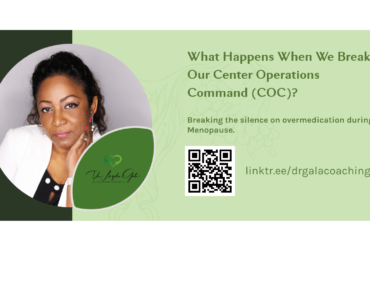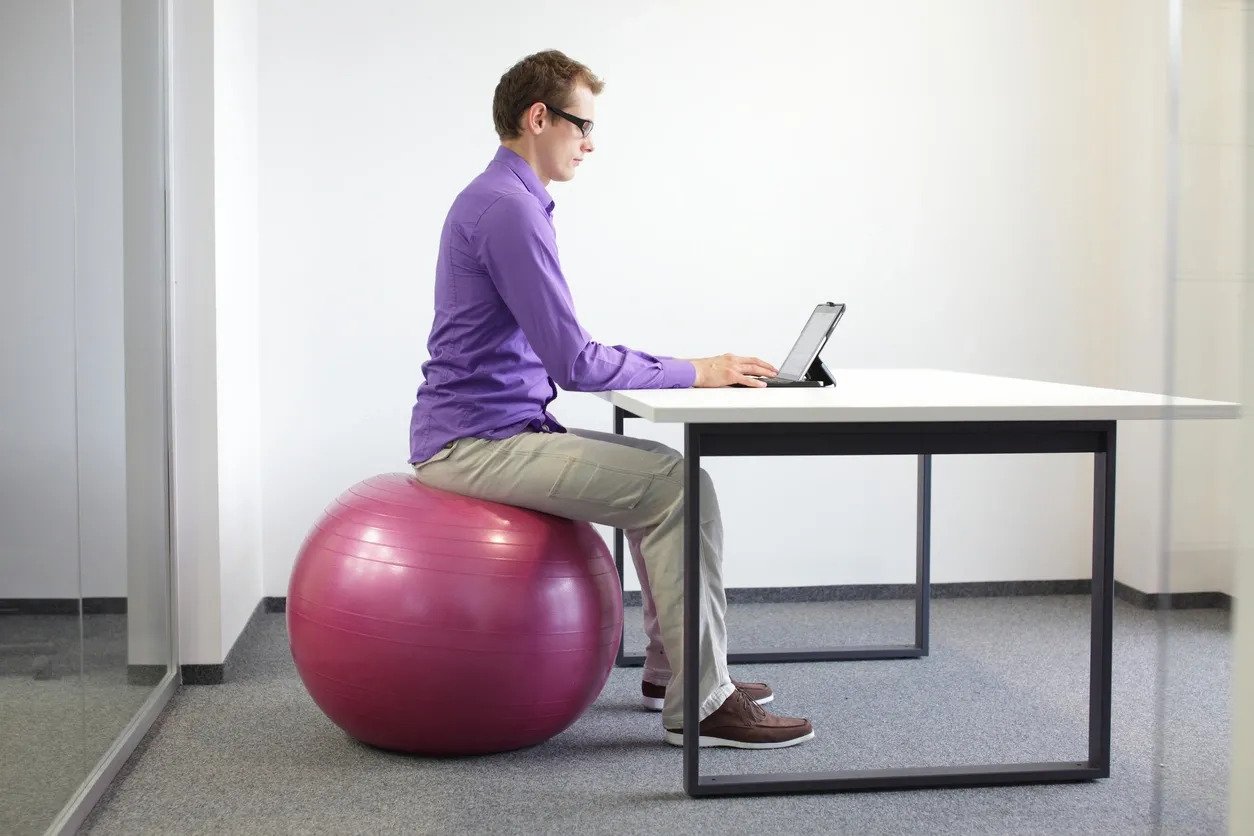Studies have noted that certain lifestyle practices, collectively referred to as sleep hygiene, are correlated with superior sleep quality. Sleep hygiene is defined as a set of practices and behaviors that help promote adequate and good quality sleep. The recommendations below outline sleep hygiene practices that may help you achieve a better and more restorative night’s sleep.
1. Follow a regular sleep schedule
Insomnia and poor sleep have been associated with an irregular sleep schedule. Establishing a daily bedtime routine, as well as consistent bedtimes and wake times, can be helpful. A relaxing bedtime routine may include meditation, light stretching, a warm shower or bath, and autonomous sensory meridian response (ASMR) stimulation. ASMR is a sensory experience triggered by auditory or visual stimuli. It is characterized by a calming “tingling” feeling in the neck or scalp areas.
2. Create an environment conducive to better sleep
Excess noise in the bedroom should be reduced as it may increase nighttime arousals and contribute to insomnia. Engaging in highly demanding activities or using screens (e.g., TV, cellphones, computers) in the bedroom should also be avoided. A proper mattress and pillow, a comfortable temperature (e.g., between 60 and 67 degrees), humidifiers, fans, or “white noise” machines, earplugs, and blackout curtains are all techniques that may contribute to a more comfortable and relaxing environment.
3. Avoid stimulants and other substances that may impair sleep
Consuming caffeine, nicotine, and alcohol, particularly close to bedtime, may contribute to sleep difficulties. The effects of caffeinated beverages, such as black tea, coffee, and soda, may last several hours after intake. Citrus fruit and very heavy, fatty, or spicy foods may also contribute to sleep disruption in some individuals prone to digestive issues when consumed close to bedtime. Sleep disturbances may also occur as a side-effect of certain over-the-counter medications.
4. Avoid napping during the day
Daytime naps may result in difficulties falling asleep and fragmented sleep patterns, which may contribute to sleep deprivation and insomnia. If rest is required, the National Sleep Foundation recommends limiting daytime naps to a maximum of 30 minutes.
5. Ensure adequate exposure to sunlight
Exposure to natural light and darkness helps to regulate healthy sleep-wake cycles. Additionally, vitamin D deficiency has been associated with sleep disorders and symptoms, such as short sleep duration, poor sleep quality, and sleepiness. Allowing natural light in the house and spending time outdoors during the day, even in colder climates, may help reduce the risk of vitamin D deficiency, improve sensitivity to light, and help synchronize the body’s circadian rhythms.
6. Engage in regular physical activity.
Regular exercise may help improve sleep in both healthy individuals and those with sleep concerns. Strenuous exercise close to bedtime may lead to difficulties falling asleep due to circulating levels of endorphins.
7. Incorporate stress management and relaxation techniques
Psychosocial stress has been shown to impact sleep negatively. To minimize exposure to stress, incorporate stress management and relaxation techniques, such as:
- Accepting imperfection
- Balancing time between work and rest
- Changing negative thought patterns (e.g., through cognitive behavioral therapy (CBT))
- Engaging in regular physical activity, at least 30 minutes, three to four times per week
- Establishing a daily routine and priorities
- Finding ways to communicate emotions and concerns(e.g., biking, hiking, jogging, stretching)
- Maintaining a balanced diet
- Setting realistic goals
- Utilizing body relaxation exercises (e.g., mindful breathing, progressive muscle relaxation)
Need Help? Book here






